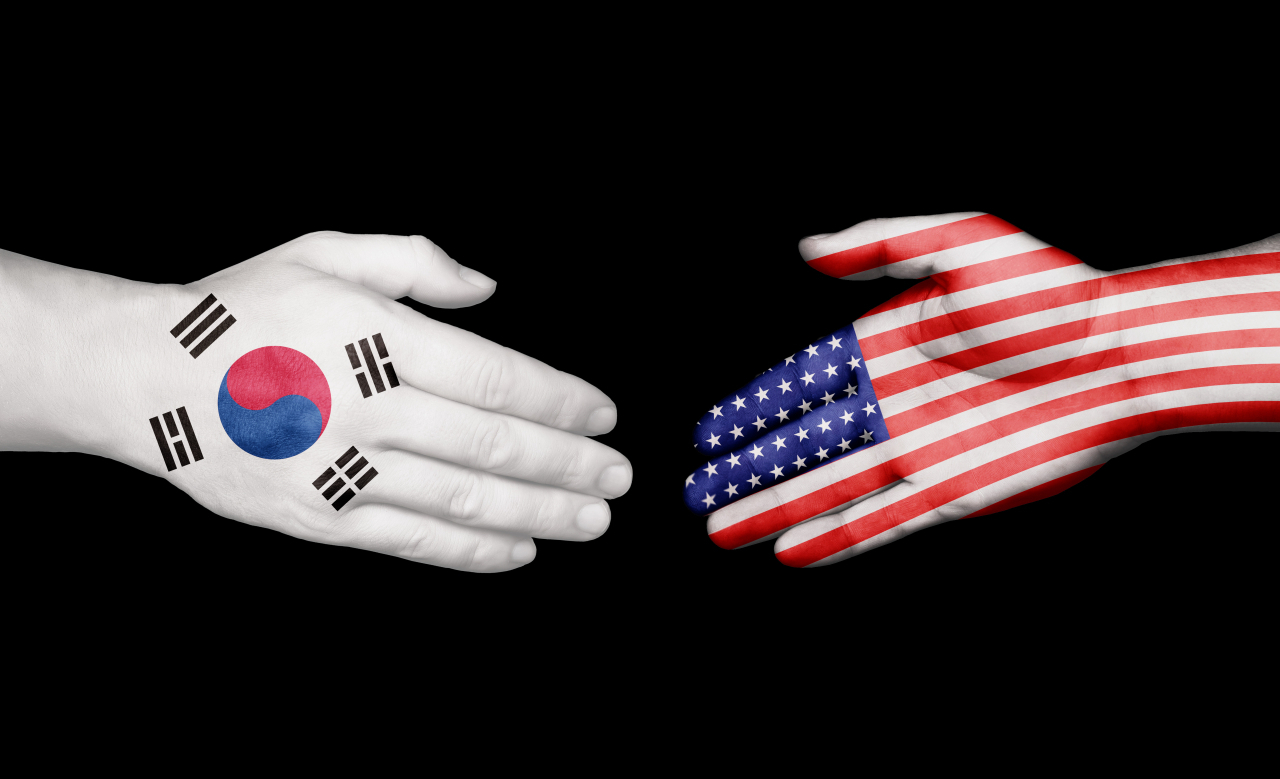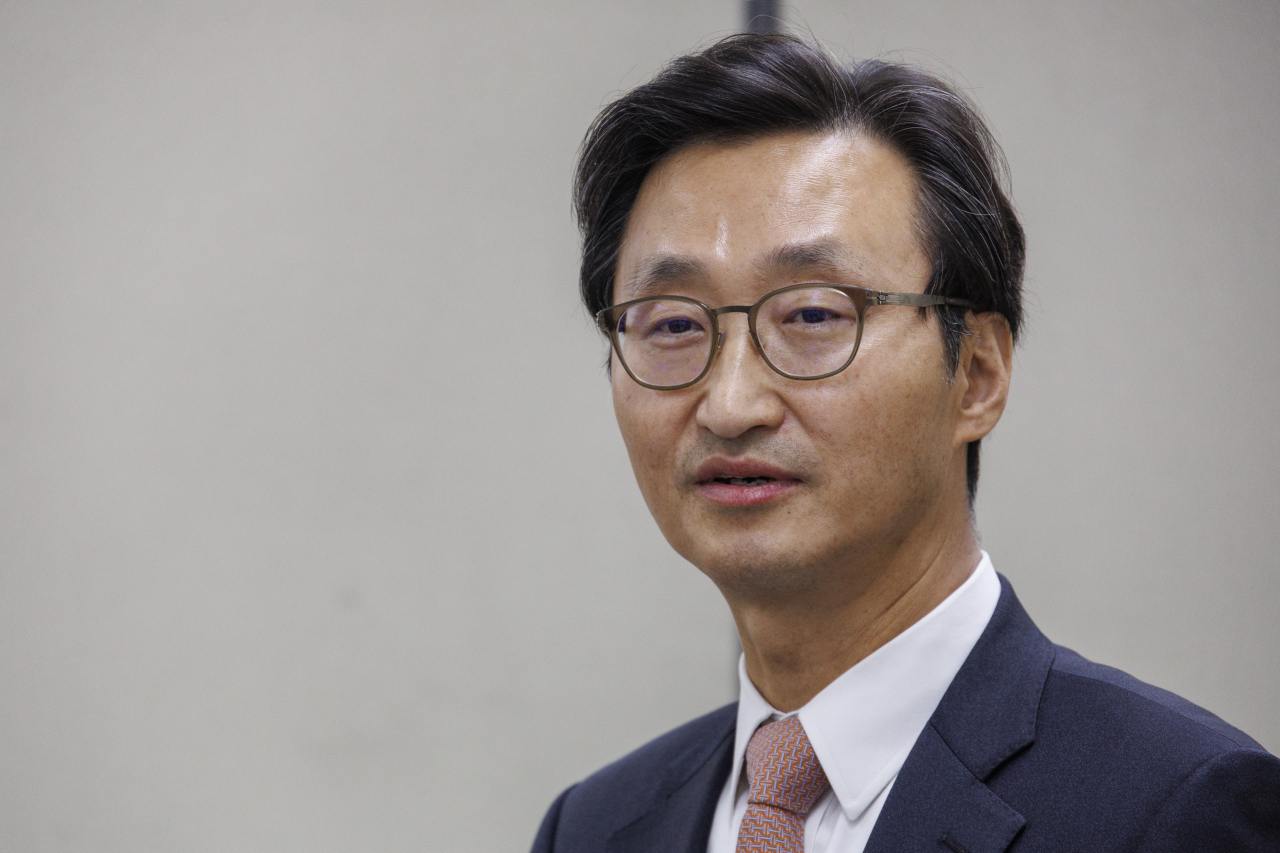Allies aim to wrap up talks on defense costs before US election
By Ji Da-gyumPublished : March 5, 2024 - 15:13

South Korea and the United States on Tuesday appointed veteran diplomats as their chief delegates for upcoming negotiations on the next defense-cost sharing agreement, clearly signaling an early initiation of the talks. The move stands out as it precedes the expiration of the current agreement by almost two years, scheduled to end in 2025, and gains significance in light of the looming US presidential election.
Lee Tae-woo, a seasoned diplomat with a career at the Foreign Ministry since 1996, bringing extensive professional experience and expertise in various fields, particularly the Korea-US alliance, has been appointed as the chief negotiator, according to South Korea's Foreign Ministry.
Lee previously served as the consul general of South Korea in Sydney and director-general for North Korean nuclear affairs at the ministry.
Linda Specht, a senior advisor and the lead negotiator for security agreements in the Bureau of Political-Military Affairs, will head the US delegation, the US State Department said.
Specht also has over 30 years of experience in the Foreign Service, having played notable roles such as the State Department's senior faculty advisor at the US Naval War College and foreign policy advisor to the Commander of the US Strategic Command, as well as serving as the acting foreign policy advisor to the US Space Command.
The South Korean delegation for defense burden sharing will encompass representatives from relevant agencies, including the Foreign Ministry, the Defense Ministry, the Defense Acquisition Program Administration and the Ministry of Economy and Finance.
Meanwhile, the US delegation will comprise representatives from both the State Department and the Defense Department.
South Korea has financially contributed to the stationing of roughly 28,500 US Forces Korea personnel by shouldering costs related to labor, logistics and construction through the framework of the Special Measures Agreement. The agreement requires periodic renewal based on mutual consent, however.
Lee said, "Taking on this heavy responsibility weighs heavily on my shoulders" during his meeting with reporters on Tuesday at the Foreign Ministry building.
"Nevertheless, I will dedicate my utmost efforts to ensuring that a reasonable level of defense cost-sharing is achieved through the upcoming negotiations to maintain a stable stationing environment for US forces in Korea, which constitutes a critical axis of the Korea-US combined defense posture," Lee added.

A Foreign Ministry official speaking on condition of anonymity said that the timing for initiating negotiations and determining the composition of the negotiating team has not yet been decided.
The official also dismissed speculations that the early move could be influenced by the potential reelection of Donald Trump in the November presidential election.
"A mutual agreement has been reached between South Korea and the US to commence negotiations with ample time, irrespective of ongoing presidential election proceedings. This accord has prompted the joint announcement of negotiating representatives," the official said. "At present, we discern no other noteworthy implications beyond this."
The current 11th SMA is effective for six years, covering the period from 2020 until the end of 2025.
Seoul and Washington, however, have agreed to commence negotiations for the next SMA, a notable development given the timing, particularly in the lead-up to the US presidential election in November, where incumbent US President Joe Biden and former President Trump are highly likely to face off again.
The timing for initiating the negotiations has been of great interest to the Yoon Suk Yeol government, especially considering the preceding Moon Jae-in government's bitterly challenging experience negotiating defense cost-sharing during the Trump administration from 2017 to 2021.
During his term, Trump pushed for a significant increase, demanding that South Korea pay more than five times the previous amount, totaling around $5 billion.
Seoul and Washington initiated negotiations for the 11th SMA in September 2019, just three months prior to the expiration of the 10th SMA. However, negotiations encountered hurdles during the Trump administration, as Seoul and Washington grappled with bridging gaps over the increase in South Korea's contribution.
Consequently, it took 18 months to finalize an agreement on defense cost-sharing, with the five-year deal concluded in March 2021, less than six weeks after Biden's inauguration, marking the negotiation's conclusion shortly after the presidential transition.
Seoul and Washington initiated negotiations for the 10th SMA in March 2018, concluding in February 2019. However, they only reached an agreement on a one-year deal for 2019, an exceptional case as multi-year deals are conventional.
Another official from the Foreign Ministry emphasized Tuesday that South Korea aims to "engage in negotiations systematically and strategically" when asked whether one of South Korea's key goals is to expeditely conclude negotiations.
The official elaborated further, stating that South Korea will strategically consider diverse perspectives that encompass South Korean national interests.
Seoul and Washington, nonetheless, will "endeavor through close consultation to find common ground and ensure that the Korea-US relationship, especially the alliance, remains unscathed," the official said.




















